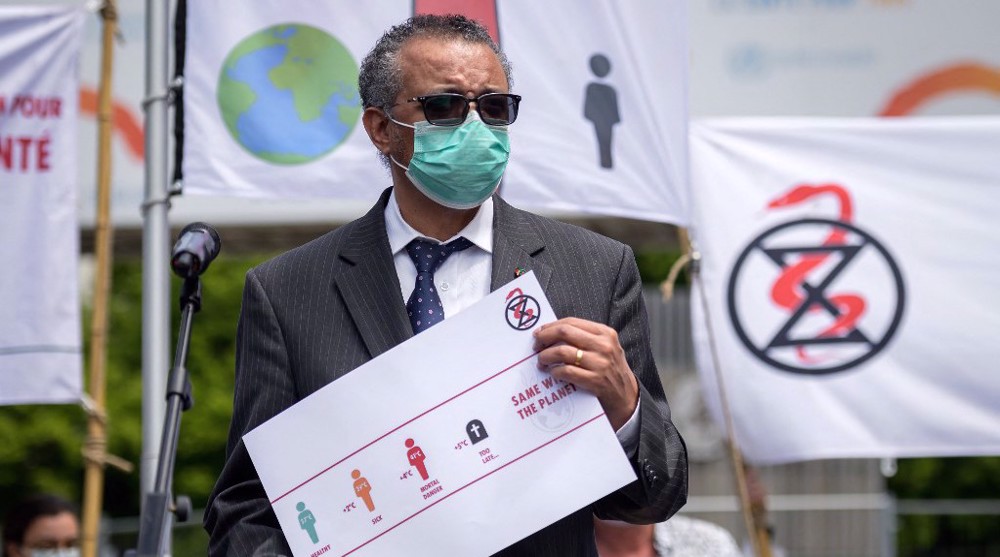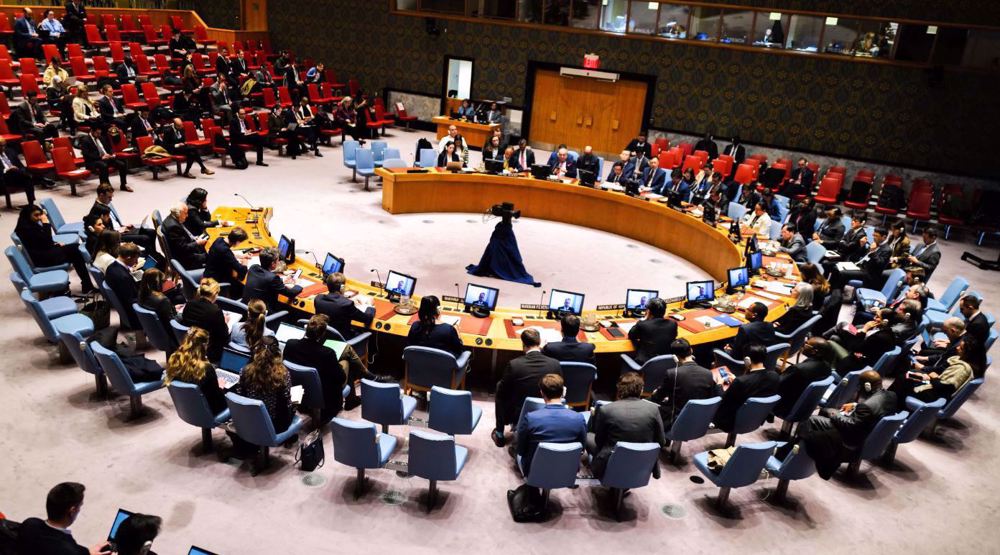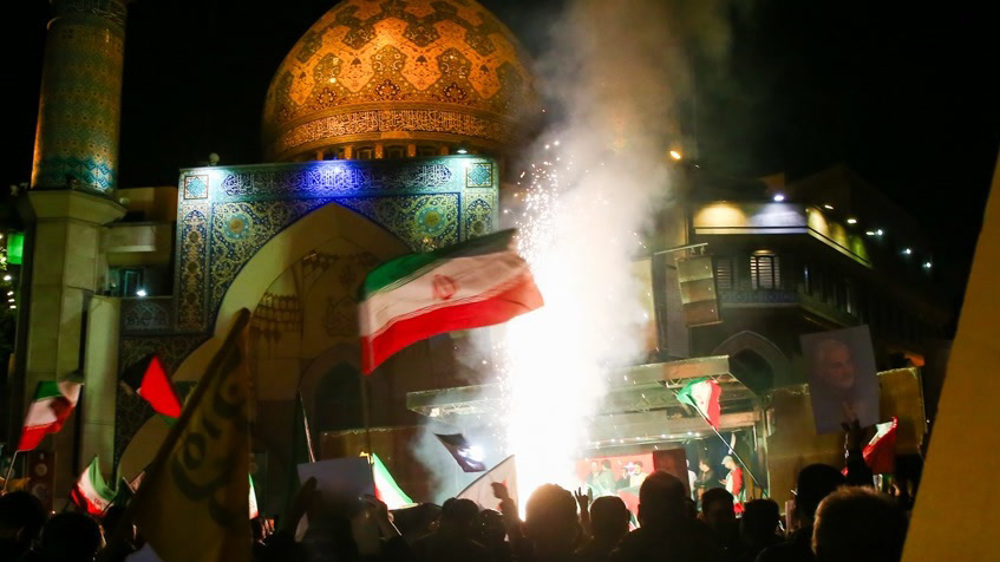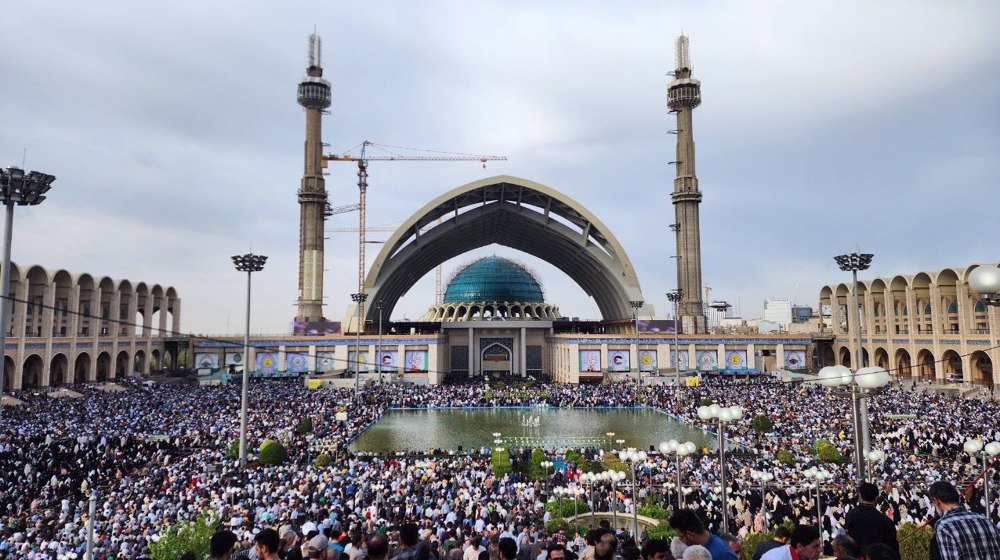WHO chief says vaccine inequality has caused ‘two-track pandemic’
World Health Organization (WHO) Director-General Tedros Adhanom Ghebreyesus says vaccine inequality between rich and poor countries has created “a two-track pandemic.”
“Increasingly, we see a two-track pandemic,” Tedros said in a press conference from Geneva, where the WHO is headquartered, on Monday. “Six months since the first COVID-19 vaccines were administered, high-income countries have administered almost 44 percent of the world’s doses. Low-income countries have administered just 0.4 percent.”
That inequality, Tedros warned, is a threat to the entire world.
“The uneven distribution of vaccines among rich and poor nations will not help to end the coronavirus pandemic,” the WHO chief said. “Inequitable vaccination is a threat to all nations, not just those with the fewest vaccines.”
And he was not keen only on moral issues, “but it’s unacceptable because we will not defeat the virus in a divided world.”
Tedros further noted that countries with the highest access to vaccines had had a decline in mortality rates and were planning to ease their restrictions whereas mortality rates had increased in Africa, the Americas, and the Western Pacific.
He also renewed a plea for vaccine donations. A WHO program for finding, developing, and distributing coronavirus jabs, tests, and therapeutics is short on three billion dollars this year. And at least 35 billion dollars is needed next year to immunize all adults around the world.
Separately, Oxfam has warned that there is “vaccine apartheid” in the world.
The United States and the European Union have been accused of hoarding vaccines for their own nationals. The US has also placed restrictions on COVID-19 vaccine patents, not allowing other nations to access knowledge to produce the vaccine. The WHO, India, and South Africa have called for patents to be temporarily suspended.
Even once the ban on patents is lifted, it will take up to a year for a factory to start producing vaccines due to the time needed for technology transfer and the training of workforce.
That situation may be eased if rich countries unlock their supplies of vaccines. According to AFP statistics, the United States and the United Kingdom have received more than half of the 680 million-plus doses administered worldwide. The International Rescue Committee (IRC) has reported that the US, the UK, and the EU pre-purchased enough COVID-19 doses to vaccinate their populations more than twice. They have also purchased enough extra doses to vaccinate citizens in 20 poor countries.
However, the unequal distribution of vaccines around the world has reportedly pushed the WHO to send COVID-19 vaccines that have reached the end of their expiry dates to African countries.
Iran, meanwhile, has developed its own COVID-19 vaccines. One jab, COVIran Barakat, is set to receive emergency-use permission and will be rolled out as Iran’s first indigenously-developed vaccine, having passed its third and final clinical trial.
Soberana-02 vaccine, jointly developed by Iran and Cuba, has also completed its third clinical trial and is ready for industrial-level production.
‘Iran retaliation against Israel ensured no aggression would go unanswered’
US vetoes Palestinian request for full UN membership
Iran sufficed to strike only part of Israel’s military positions: FM to UN chief
IRGC: Israel’s Dimnoa nuclear reactor not among Op. True Promise’s targets
VIDEO | West Asia awakens
'Stop any further Israeli adventurism,' Iran FM tells Security Council
Google fires 28 employees for protesting military deal with Israel
Burkina Faso expels three French diplomats over ‘subversive activities’











 This makes it easy to access the Press TV website
This makes it easy to access the Press TV website